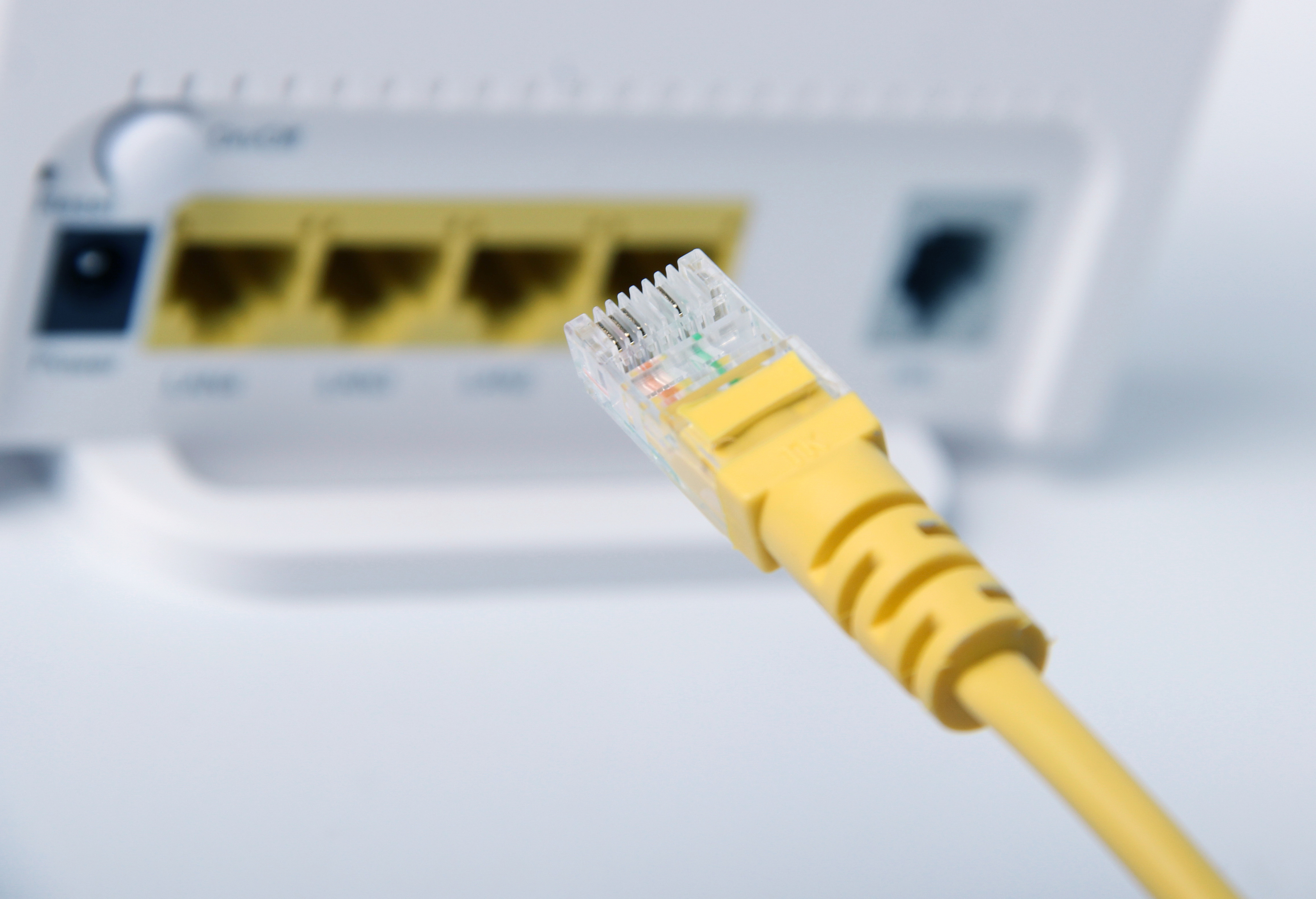
CONSUMERS who pay for the fastest broadband speeds are receiving significantly slower connections than they expected, latest figures show.
Which? analysis of broadband tests found overall speeds were only 58% of those expected by users.
The results show that the faster the expected speed, the bigger the expectation gap between what consumers thought they were buying and what they actually received.
For example, consumers expecting speeds in excess of 30Mbps (between 30Mbps and 500Mbps) were on average only able to get 54% of the speed they were expecting.
Users expecting internet speeds of between 10 to 30Mbps received 89% of what they were expecting, while those anticipating receiving 10Mbps or lower were able to exceed their expected speed by 38%.
The research, using data from Speedchecker Ltd from January to March, found “far too many households” were potentially receiving slower internet speeds than they paid for, Which? said.
Alex Neill, Which? managing director of home services and products, said: “People who think they have signed up for faster broadband speeds are the most likely to be disappointed, with our research showing many are generally getting speeds that are much slower than they expected.
“Consumers need to regularly test their broadband speed to check they are getting the service they are paying for.
“If they aren’t they should contact their provider so that any issues with their service can be resolved.”
Which? conducted analysis of 226,000 Speedchecker Ltd tests from January to March 2017, excluding mobile and exclusively business providers.

Enjoy the convenience of having The Sunday Post delivered as a digital ePaper straight to your smartphone, tablet or computer.
Subscribe for only £5.49 a month and enjoy all the benefits of the printed paper as a digital replica.
Subscribe